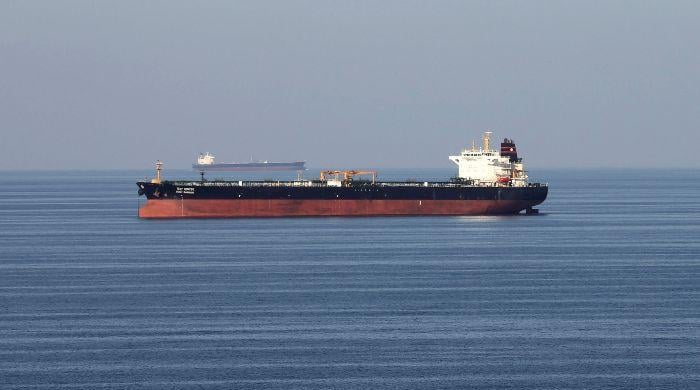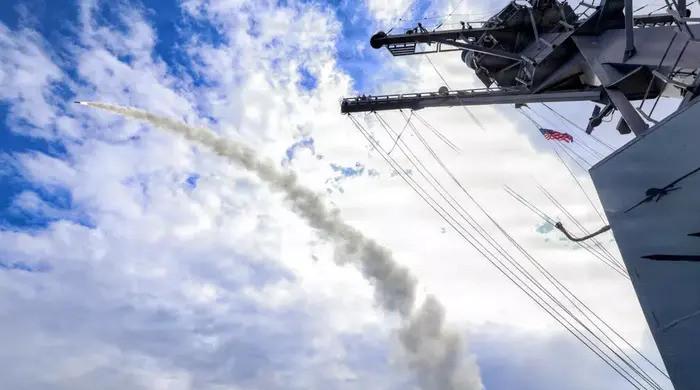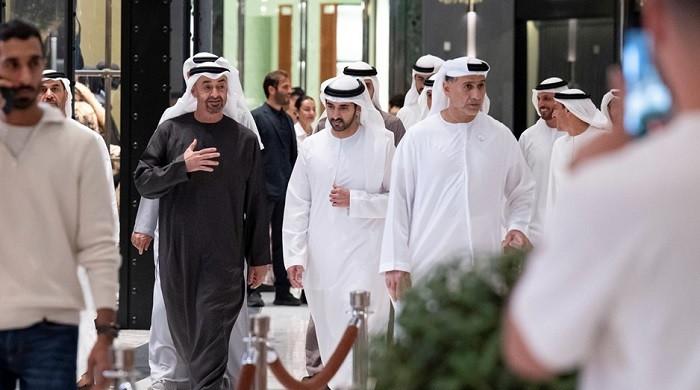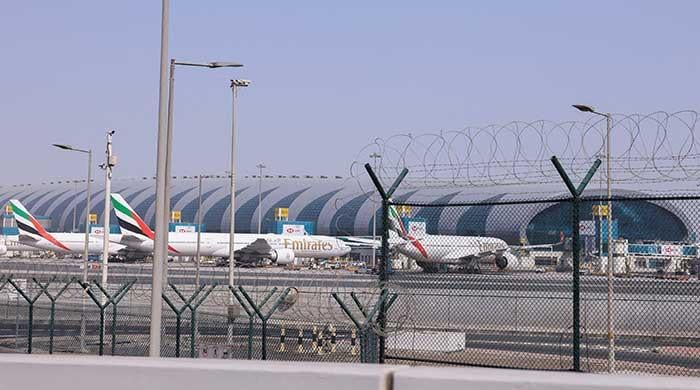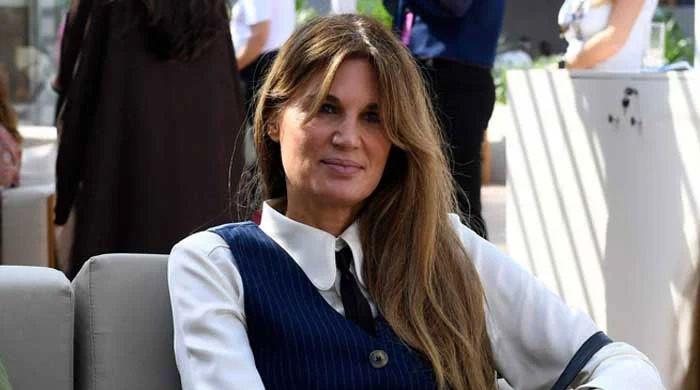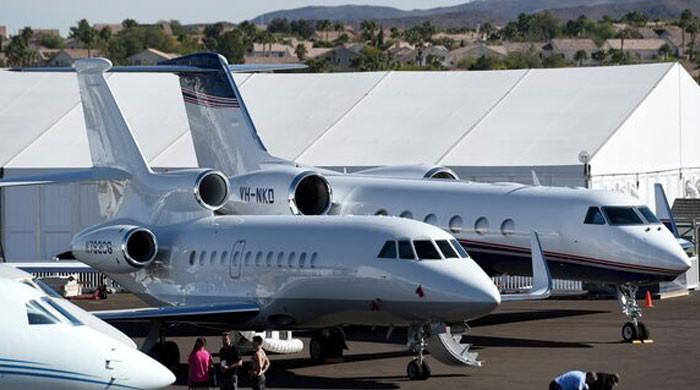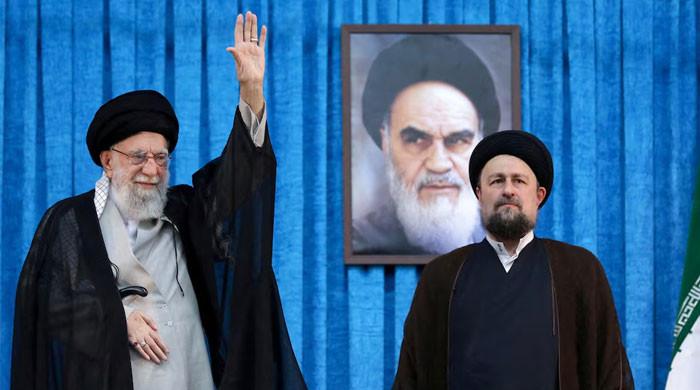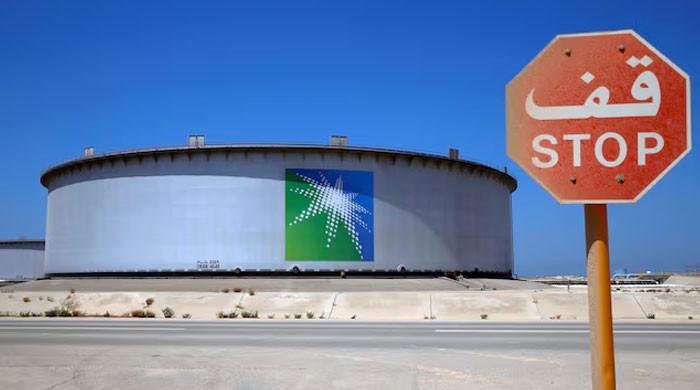Modi visit: Dutch civil rights groups ask PM to discuss rights violations in India
"The close Dutch relationship with India is a good reason to address the deteriorating human rights situation in India during the discussion with" Modi, said director ICN
June 27, 2017
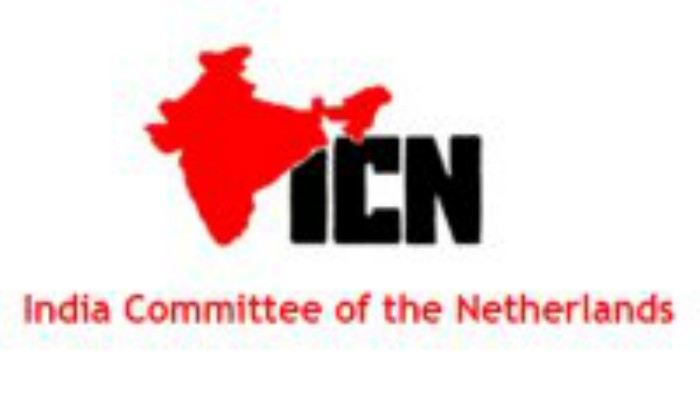
BERLIN: Prime Minister Modi of India will pay his first official visit to the Netherlands on June 27 (today), as the two countries enjoy 70 years of diplomatic relations, besides Netherlands being one of the largest investors in India.
In an open letter to Netherland's Prime Minister Rutte, India Committee of the Netherlands (ICN) urged the premiere to ask Modi to actively promote the rights of minorities and to speak out against violence by Hindu extremist groups.
Director ICN Gerard Oonk said in a press release that under Modi's Hindu nationalist government, the marginalisation of minority groups such as Dalits (‘untouchables’), Christians and Muslims has increased significantly. He stressed that "the close Dutch relationship with India is a good reason to address the deteriorating human rights situation in India during the discussion with the Indian Prime Minister."
In April of this year, Human Rights Watch also expressed concerns about spiking violence against minorities, when ‘cow protectors’ killed a 55-year-old man who was on his way with his cattle truck. Similarly, freedom of critical human rights and environmental organisations is heavily under pressure in Indian. The UN Special Rapporteur on Freedom of Association stated last year that the restrictions imposed by the Indian government on getting foreign funding "might disproportionately affect those organisations engaged in critical human rights work, those which address issues of government accountability and good governance, or represent vulnerable and minority populations or views." Recently, for example, Dalit organisation Navsarjan was unable to receive money from foreign donors. Navsarjan carries out development programs for Dalits and supports Dalits to stand up for their rights.
Dutch civil society organisations have also been facing difficulty cooperating with Indian human rights organisations and supporting their work. Some activists, journalists and members of Dutch organisations have also had their visas refused.
Marjan Lucas, a Dutch human rights activist, got on the wrong side of India because of her work with human rights groups in Kashmir especially for internationalising the Kashmir dispute. Lucas told Geo.tv that after the Gujrat killings the Indian government was furious and told the Dutch that “we neither need your development money nor your interference in our domestic affairs”.
Several international NGOs including Oxfam, Cordaid, Hivos, LIW felt such 'climate change' and got more trouble due to working on the ground in India on international solidarity campaigns such as child labour, caste discrimination, Lucas added.
In addition, those who signed the ICN's open letter to PM Rutte have been refused a visa for India for almost 15 years. In response to parliamentary questions, Minister of Foreign Affairs Bert Koenders announced in February that the Netherlands will exert itself to "pay attention to this situation (the various obstacles for Indian and Dutch civil society) and will continue to do so".
Nevertheless, Modi's visit is a unique opportunity for the Dutch Prime Minister to emphatically discuss this issue again and to make it a point of permanent attention in the bilateral and multilateral relations with India.
Modi visited Germany, Spain and France early this month but neither Merkel nor Macron raised the issue of ongoing rights violations in India with him. Hence, it is very unlikely that the Dutch government will take the opportunity of this state visit to get the support of the Indian government to address child labour, modern slavery, exploitation and other abuses in the chains of Dutch companies.




